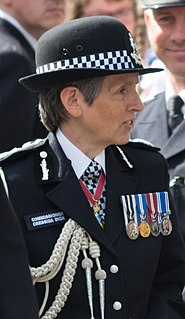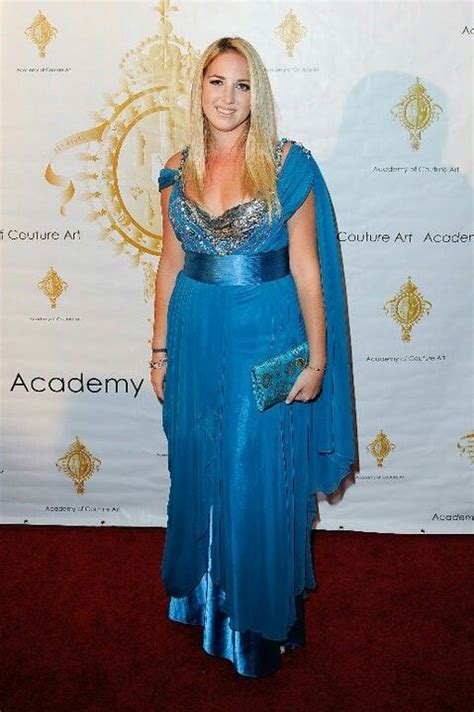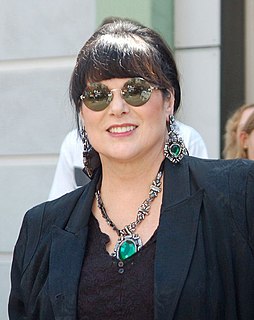A Quote by Cressida Dick
Looking back to when I joined, some areas of policing were barred for women. So you couldn't do full public order training, you couldn't carry a firearm as a woman in the Met until 1988, there were no women dog handlers, and there was probably one woman in CID.
Related Quotes
What I wanted to do was put a woman of color, front and center, in my movie combining a lot of themes that were relevant to both men and women. I actively wanted her to carry the weight of this movie because I'm a woman. And I actively wanted to explore many of the issues that affected her as a woman of color. That was very important to me. And although these issues affect some women of color, I don't think they're only of interest to women of color. They're of universal interest.
It occurred to me that there have always been selkie women: women who did not seem to belong to this world, because they did not fit into prevailing notions of what women were supposed to be. And if you did not fit into those notions, in some sense you weren't a woman. Weren't even quite human. The magical animal woman is, or can be, a metaphor for those sorts of women.
It just struck me as really odd that there were all of these conversations going on about what young women were up to. Were young women having too much sex? Were young women politically apathetic? Are young women socially engaged or not? And whenever these conversations were happening, they were mostly happening by older women and by older feminists. And maybe there would be a younger woman quoted every once in a while, but we weren't really a central part of that conversation. We weren't really being allowed to speak on our own behalf.
During the era when women were burning their bras - which, by the way, they never actually did - but when women were first becoming liberated, I was 23. And I met a woman who asked, 'Don't you feel bad because you're sort of acting like the stupid airhead blonde?' And I totally surprised myself. I said, 'Liberation can also come from the inside.'
I just want to say this. I love being a woman. I love playing a woman. I love being a whole and full woman. I am more than my parts, and we all are. And we all, as women, need to continue to change our gaze from how we are seen to how we are seeing. We are full and beautiful women, and let us live in that.
We women are callow fledglings as compared with the wise old birds who manipulate the political machinery, and we still hesitate to believe that a woman can fill certain positions in public life as competently and adequately as a man. For instance, it is certain that women do not want a woman for President. Nor would they have the slightest confidence in her ability to fulfill the functions of that office. Every woman who fails in a public position confirms this, but every woman who succeeds creates confidence.
I've never been interested in dressing one woman. What's interested me was to have a philosophy. It hasn't been important to put a woman in a blue dress. I wanted to dress women who wanted to look at themselves. To stand out. To be women who were not part of the crowd. A woman who fights and advances.
I am saying there are women in the Senate, there are women in governorships, there are women in statewide office, there are women in the House, and I do think we can't ignore the fact that we have had the first woman ever win a nomination of a major party and the first woman ever winning the popular vote. So I think the table is set for a woman in the near future. I really do.
Women's lib, Frannie had decided, was nothing more nor less than an outgrowth of the technological society. Women were at the mercy of their bodies. They were smaller. They tended to be weaker. A man couldn't get with child, but a woman could---every four-year-old knows it. And a pregnant woman is a vulnerable human being. Civilization had provided an umbrella of sanity that both sexes could stand beneath.
There were a lot of different things [in The Women's Room ]. I don't really want to summarize it in this way. It's about a woman's awakening, a woman who came of age in the '50s and is a teenager - actually, she's a little bit older - in the '60s and part of the women's movement and how she ends up there.



































